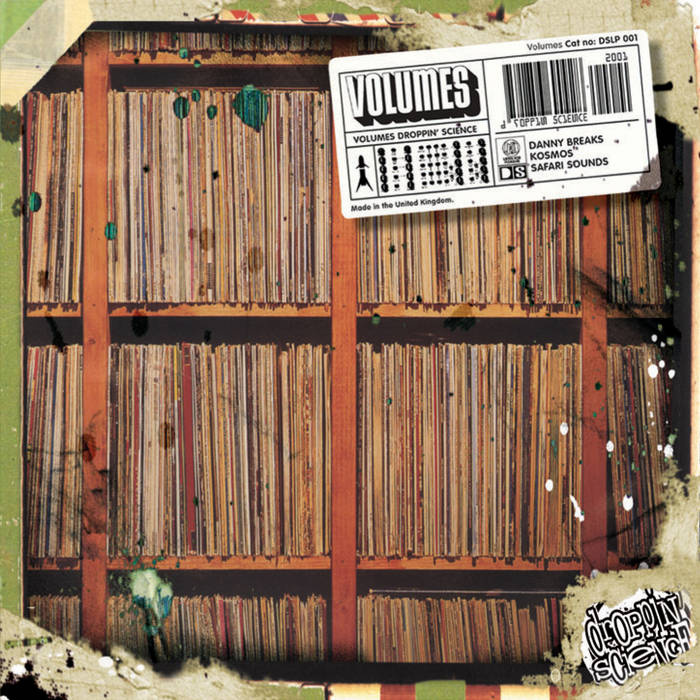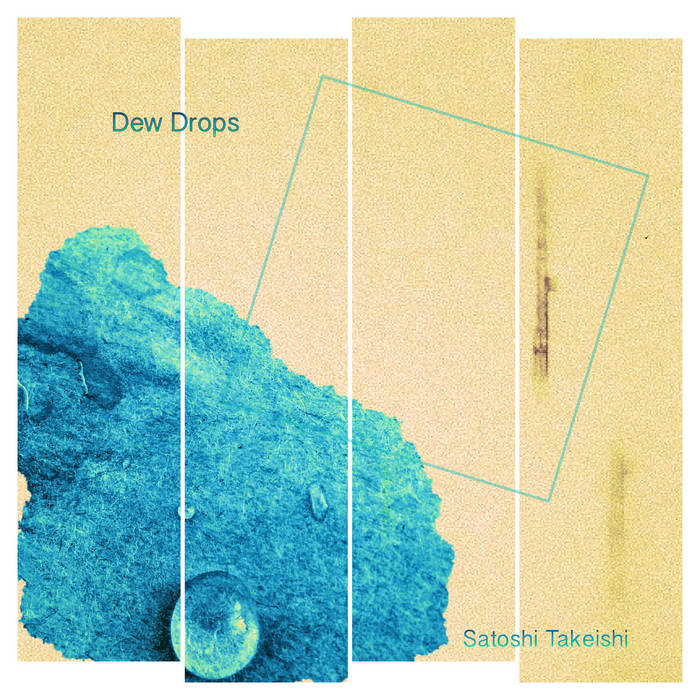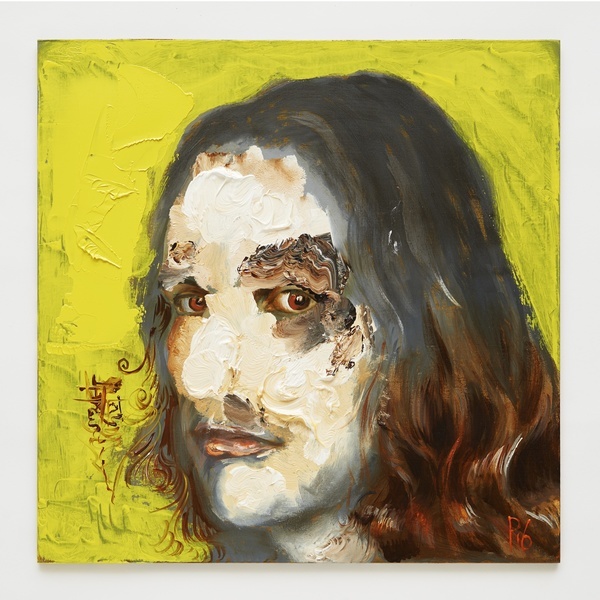With his permission, of course...
 |
| Collage by Simon Elmer |
The Pyramid Stage, which is the setting for the highest unit-selling acts, is a raised platform some 40 metres square and maybe 10 metres from the ground. Below this stretches a sort of no-man’s land approximately 20 meters wide that ends with a high metal fence through which the foremost ranks of the audience peer. In front of this fence, and watching the crowd, is stationed a line of 30 or 40 uniformed security guards, who stand almost elbow to elbow. The crowd beyond, which numbers in the tens of thousands, goes back several hundred meters. Beyond the first 20 metres or so, however, the entertainers on stage are reduced to mere stick figures.
To compensate for this, large screens almost as big as the stage itself are positioned either side, where the acts are shown in close-up. Despite their physical presence at the festival, it is at this virtual image that nearly all the assembled viewers stare – not to see the performing act, which is mere background, but for the rare chance of finding themselves captured by the numerous cameras, and of seeing themselves, however briefly, projected on the same screen that they are staring at. To this objective, the audience dresses in bright and colourful outfits, the most photogenic girls perched on the shoulders of the most photogenic men, waving large flags that block out the view of anyone trapped behind them. Everything is geared towards catching the eye of the cameras and the millions watching, as the commentators assure us, ‘at home’. At these felicitous moments, which draw cheers more rapturous than any reserved for the nominal acts on stage, the cycle of reciprocal stares completes the logic of the spectacle.
The ground on which this vast crowd stands, which is known as the ‘Arena’, is the churned-up mud of a field on which cows graze for the remainder of the year. Because of this, members of the crowd must wear some form of rubber boots, which they bring with them, spending large amounts of money to buy the latest, most fashionable, most expensive brand. Like the watch of a rich undressed man lying on a beach, the rubber boot is the sign of class status in the society of Glastonbury Festival.
Between the raised stage and the metal fence is a flight of stairs, a ramp and more stairs, down and along which the brand-identity-member of each performing band may walk into the no-man’s area. Here, protected by additional security guards who stand behind the first rank and are retained for this purpose, the band’s brand-identity-member may receive what tokens of adoration his followers wish to offer him or her through the bars of the fence. This is known as ‘crowd interaction’, and has come to be an almost obligatory moment in the performing band’s set. Sometimes, if these offerings please him, the brand-identifier will bring them back onto the stage and display them to the crowd beyond, who view this intimate interaction with their idols through the images projected on the huge side screens.
Despite its high security setting, which re-enforces the existing physical, social and financial relation between the performance commodity and the paying customer, the Pyramid Stage is the site of enormous happiness, ecstatic outpourings and feelings of community, for which the attending congregation pay large, and sometimes enormous, sums of their own money, endure considerable deprivation and hardship, and even sleep in plastic tents, whatever the weather, in the designated encampments that surround the main compound. The entire camp, which last year held 200,000 people, covers 1000 acres of land, and for the 5 days of its annual existence is the 7th most populous city in the South of England.
Like the 2012 Olympic village, Glastonbury Festival is at the forefront of the transportation, accommodation and manipulation of the consuming masses that constitute the contemporary human conglomeration (the old distinctions between urban, suburban and rural no longer applying) to the demands of the spectacle through which they are brought within shopping distance of the commodity. Both are a sort of concentration camp of consumption (as opposed to those of production, which are largely outside the restrictive employment practices of Europe) overseen by multinational corporations. The fact these camps are willingly entered – even paid for by the consumers of their spectacle – makes them no less of a camp. And like all post-war experiments in social manipulation, control and indoctrination, the model for Glastonbury Festival is Auschwitz, which itself has been transformed into a tourist attraction equally willingly entered and paid for by the masses in search of authentic experience. The Arena is our gas chamber, the Pyramid Stage our crematoria, and Glastonbury, the perpetual festival of consumption, is the Nuremberg Rallies of our era.
On the outskirts and borders of the Glastonbury camp is a mass of secondary consumer outlets selling every kind of commodity-experience, from spiritual enlightenment to spiritual healing to spiritual communion (all, however, are purchased with material currency). In an imminent critique of the festival’s own mass commercialisation, these are advertised as the ‘real’ Glastonbury Festival. Like every outlet of mass consumption, Glastonbury has co-opted the economy of the market stall: it lends street credibility to jaded consumers in search of the authentic. But in the end they all go inside and line up at the tills. Even the Nuremberg Rallies had stalls selling dolls dressed in lederhosen and bands playing German folk songs. Nostalgia for the authenticity of a distant past is one of the selling points of the mass-manufactured commodity and the New World Order we have bought into. Glastonbury, which like Nuremberg is the site of a mystical (that is, lost) communal identity, complete with its own mythical site of pilgrimage in Glastonbury Tor, is perhaps the greatest conjurer of this illusion for the consumer-subjects of monopoly capitalism.





























